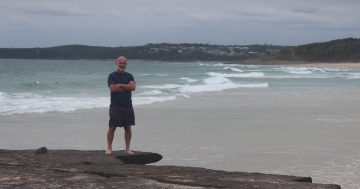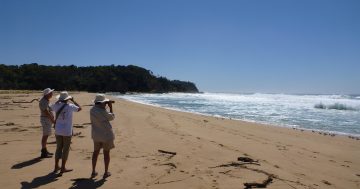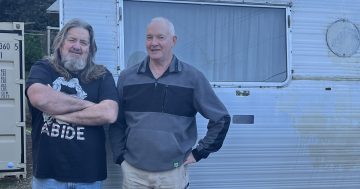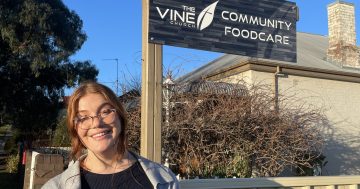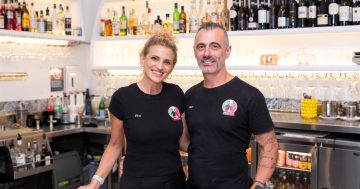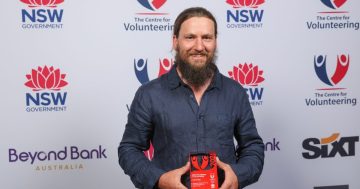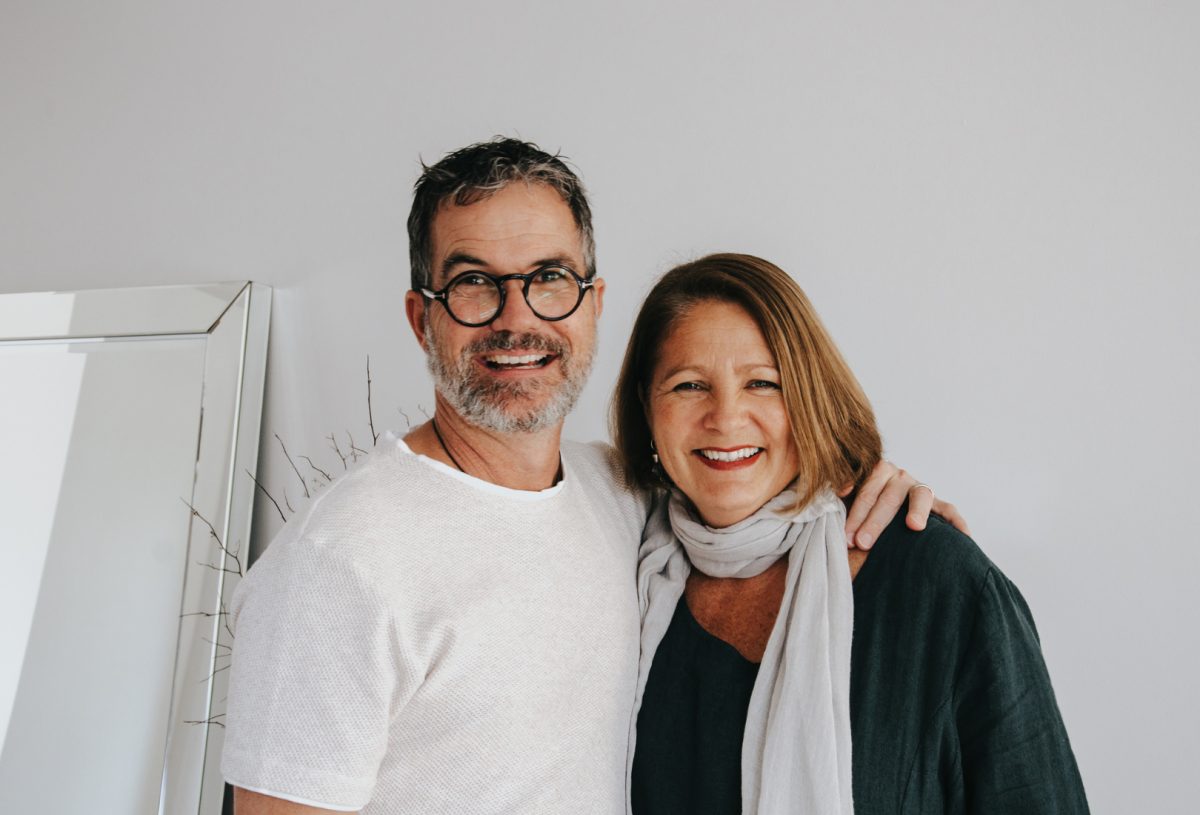
Peter and Megan Dover started Salt Care 14 years ago. Photos: Supplied.
What started as an idea to provide groceries to those in need 14 years ago has blossomed into Salt Care, a holistic charity transforming lives from Wollongong to Batemans Bay by helping people transition from being homeless to being hired.
Starting as a church-based program, Peter and Megan Dover now have nine arms to the not-for-profit organisation located at the old Bomaderry primary school.
Peter said while it now cost $4 million annually to run, which was achieved through government funding and community fundraising, it all began with Salt Store, focused on providing essential groceries to families struggling to make ends meet.
“In 2009, my wife and I were in Bomaderry and realised there were many problems there,” he said.
Seeking out the street most affected by violence and poverty, they started showing up every Tuesday and putting on a barbecue and giving out food.
Peter said within three weeks they had more than 100 neighbours coming every Tuesday.
He said realising it was bigger than they thought, they began taking groceries door to door in that community, before opening up every Thursday as well, giving out groceries and clothing.
“Now we give out food to over 1200 families every month,” he said.
“Everything snowballed from there.”
He said that with the many they saw homeless, they launched Salt MRV (Mobile Response Vehicle) to take groceries and clothing to those on the streets who couldn’t get to them.
“At that stage, seven years ago, the Shoalhaven was having an epidemic with homeless people,” he said.
“There was over 60 people at the showgrounds, and there was a squatters village starting there.”
He said in collaboration with Shoalhaven City, Safe Shelter Shoalhaven was established, offering more than 4300 beds annually to more than 400 homeless families and individuals.
“What we realised after that was, where do they go after the shelter?” he said.
Peter said their sustainable solution was Salt Assisted Housing, which provided 42 homes designed to offer permanent housing solutions for families in need.
“Over 60 per cent that came through our homeless shelter have come due to some sort of family violence,” he said.
“So we started Salt Temporary Accommodation and have three of those that are primarily for people escaping domestic violence, so we can keep them safe and work with them on more permanent housing.”
Then new needs arose.
Peter said 2019 marked the inception of Salt Disaster Relief – responding swiftly during the summer bushfires to assist those affected by natural disasters.
“We had semi-trailers coming from Sydney every week, distributing goods to people that were suffering from the bushfires, then the floods and then the COVID pandemic,” he said.
“We realised it’s great getting people houses, but if we don’t start transforming their lives and getting them some sort of job opportunities, then what?”
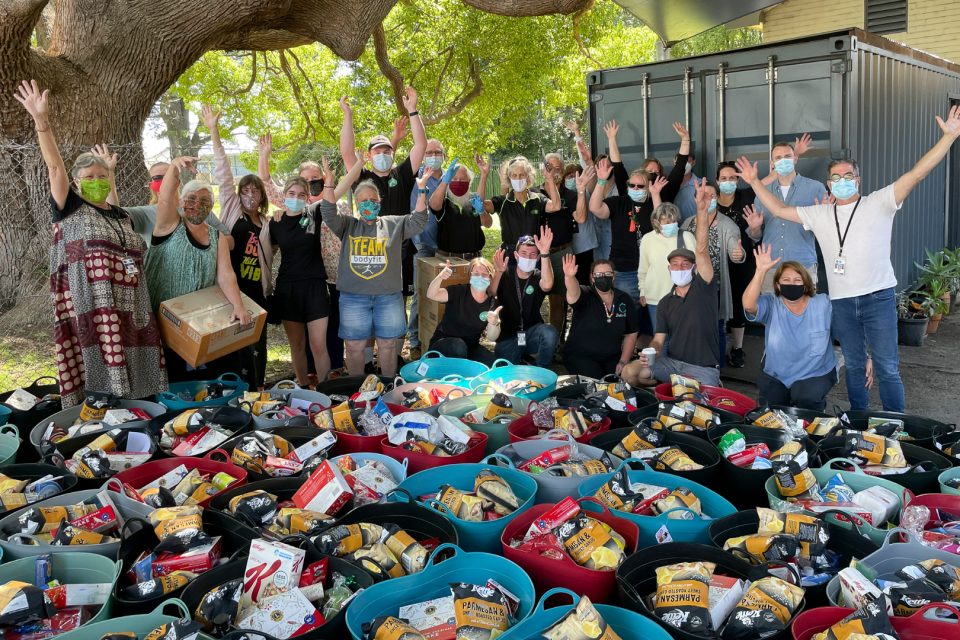
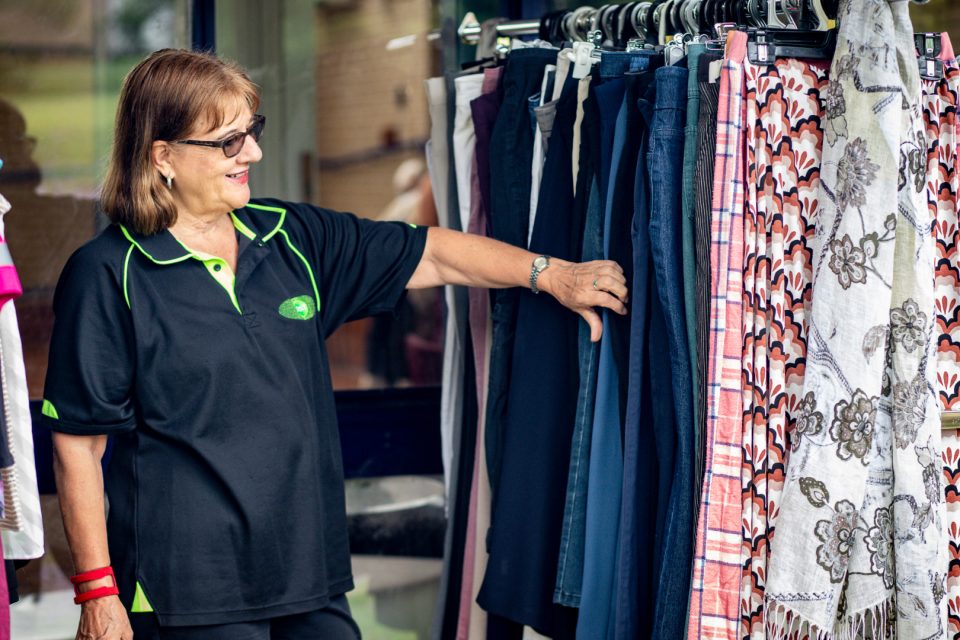
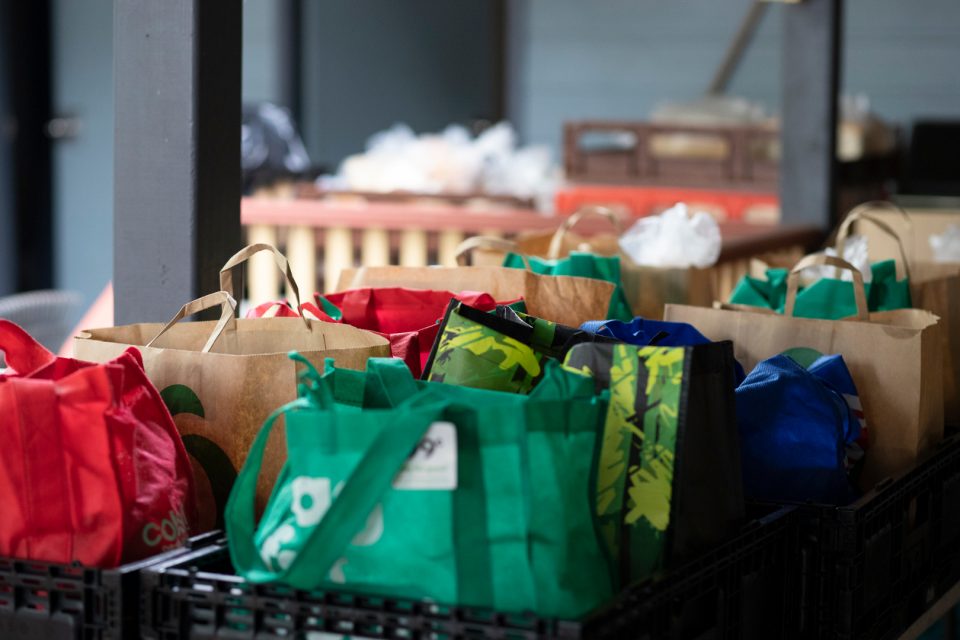
He said Salt Co was launched next as its social enterprise arm, offering training and employment opportunities to empower individuals seeking to upskill and integrate into the workforce.
“For one man, Robert, he was living in a cave for eight years,” he said.
“So when we got him out of that cave, it wasn’t just getting him accommodation, it was getting him the education, the support and skills he needed to be in society. That’s taken years.
“Government funded organisations, a lot of them are funded for three months.
“We see that we need to work with these people for the long haul.”
He said they now helped transition them into jobs, with those unable to work coming in as volunteers.
“We start them on that process of turning up, working with us, and then they move into Salt Co and then into jobs,” he said.
Peter said understanding the specific challenges faced by those with disabilities, they established Salt NDIS in collaboration with disability advocacy groups, providing support to enhance quality of life and independence.
“After all that, and particularly after the bushfires, there was significant trauma in our community and we needed to create a place for people to heal,” he said.
“We purchased a farm that we set up as Salt Wellness Farm.
“At the moment, it just runs day programs, but in the future it will have a live-in program where people will come and spend 12 to 24 months healing from life-altering mental health issues.”
He said the organisation had grown from he and his wife to now having more than 50 employees and 200 volunteers.
“I speak to a lot of organisations, and most are struggling to get volunteers. We have lists of volunteers,” he said, admitting he often had to encourage them to work less hours.
“When you volunteer at an organisation like this, it inspires you because you see how people are getting help.
“I think if we had have seen what it was going to be like at the beginning, we probably wouldn’t have started.
“But it’s been so significant that, honestly, it’s transformed the region.
“Each year I look at it and think, well, we’re just really on the precipice of doing more and impacting more lives.”
He said for it to continue to expand, it needed to go beyond he and his wife, with the Salt Care community now helping drive it.
“We don’t say no to anybody. We don’t ever give up on anyone,” he said.
“Our motto has been, ‘See the one and meet the need’.
“I look at the people we help and most of them have become my heroes, because I don’t know how some people have survived what they’ve survived.
“They inspire me every day.”
Salt Care is now looking at working with people leaving the prison system.
Original Article published by Kellie O’Brien on Region Illawarra.







